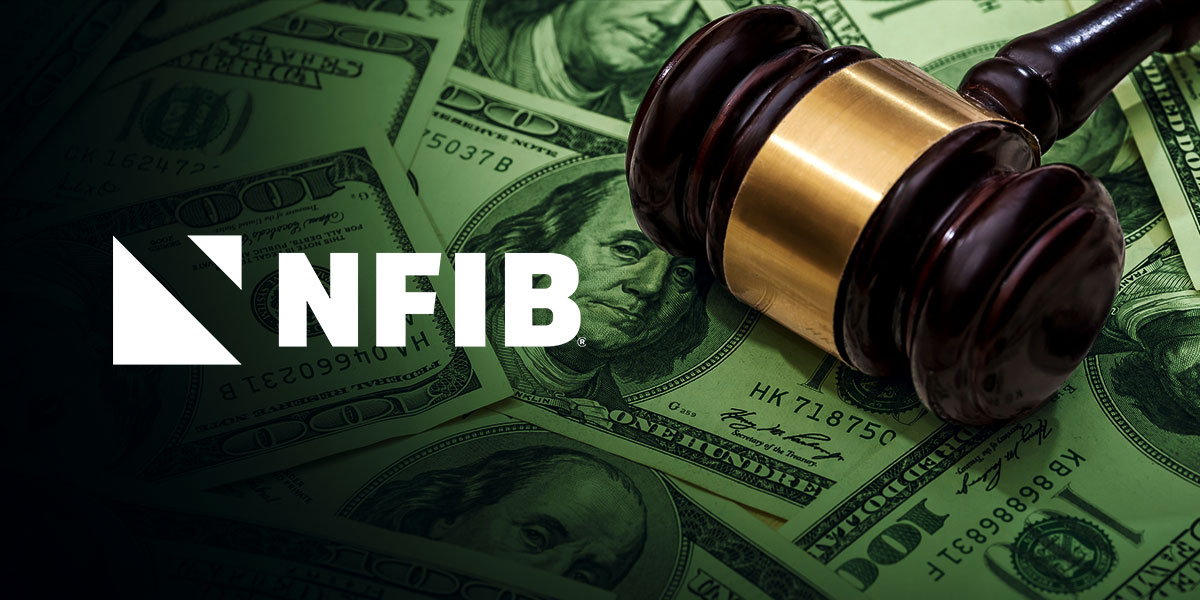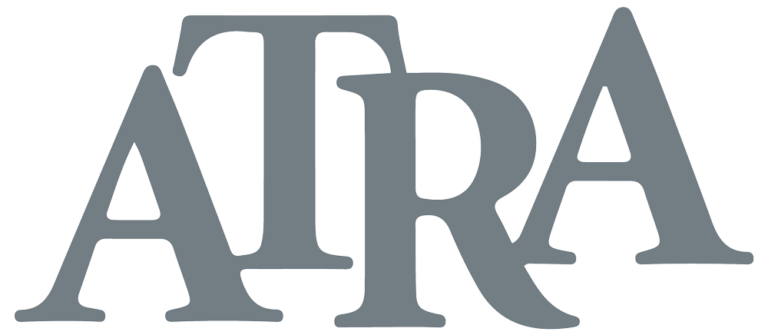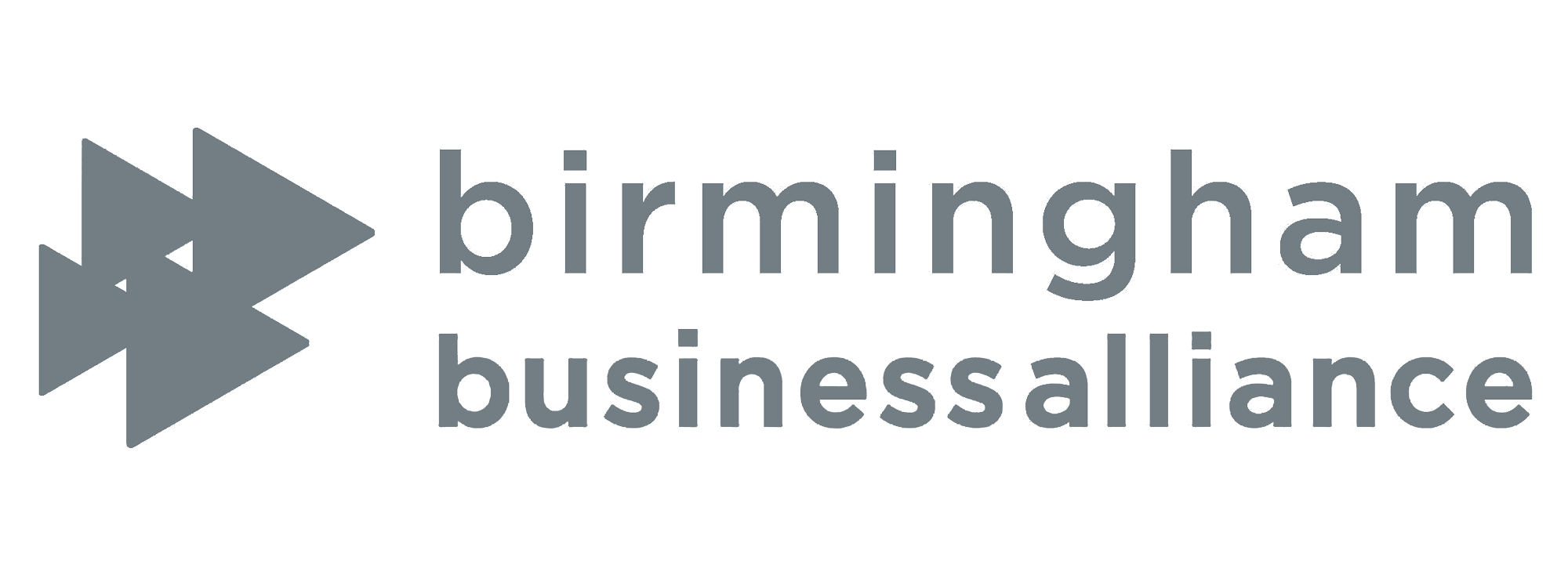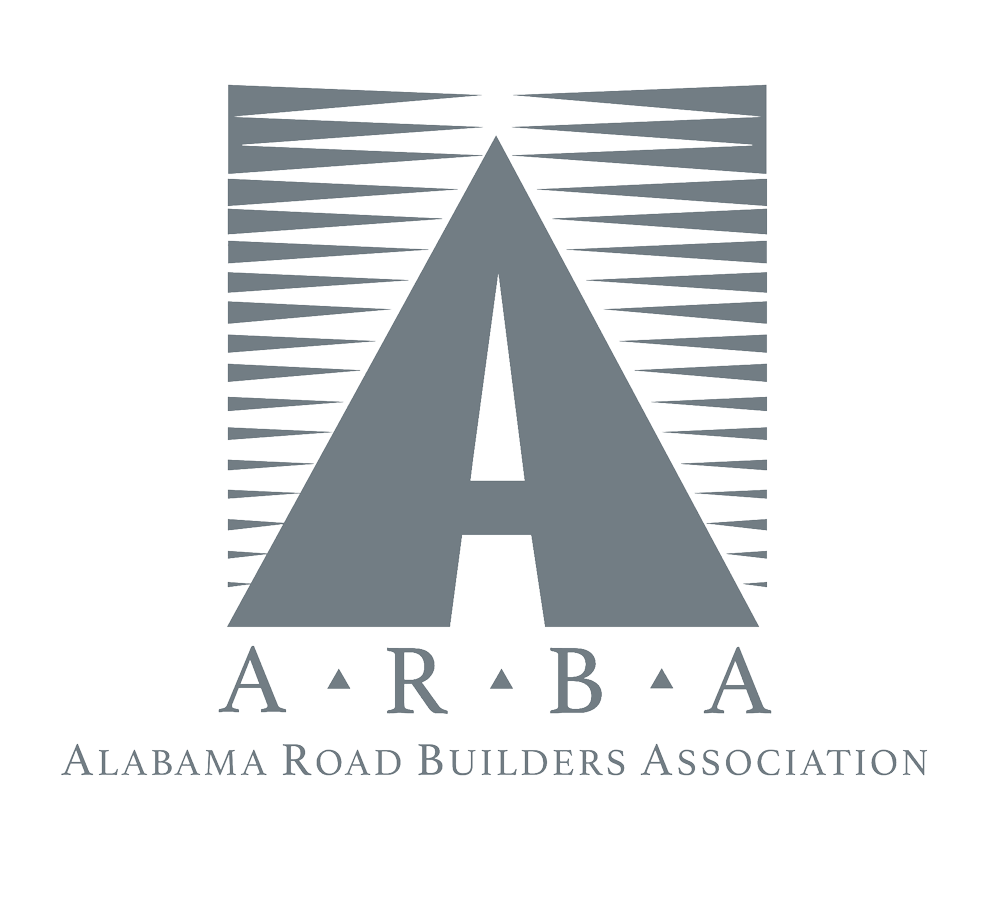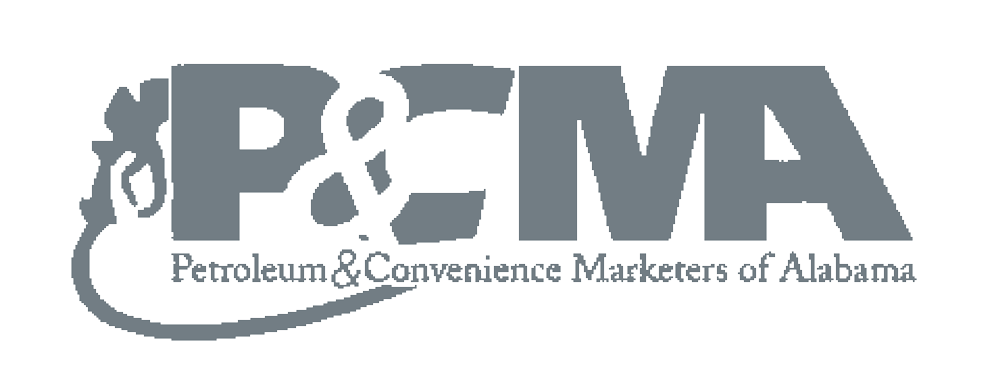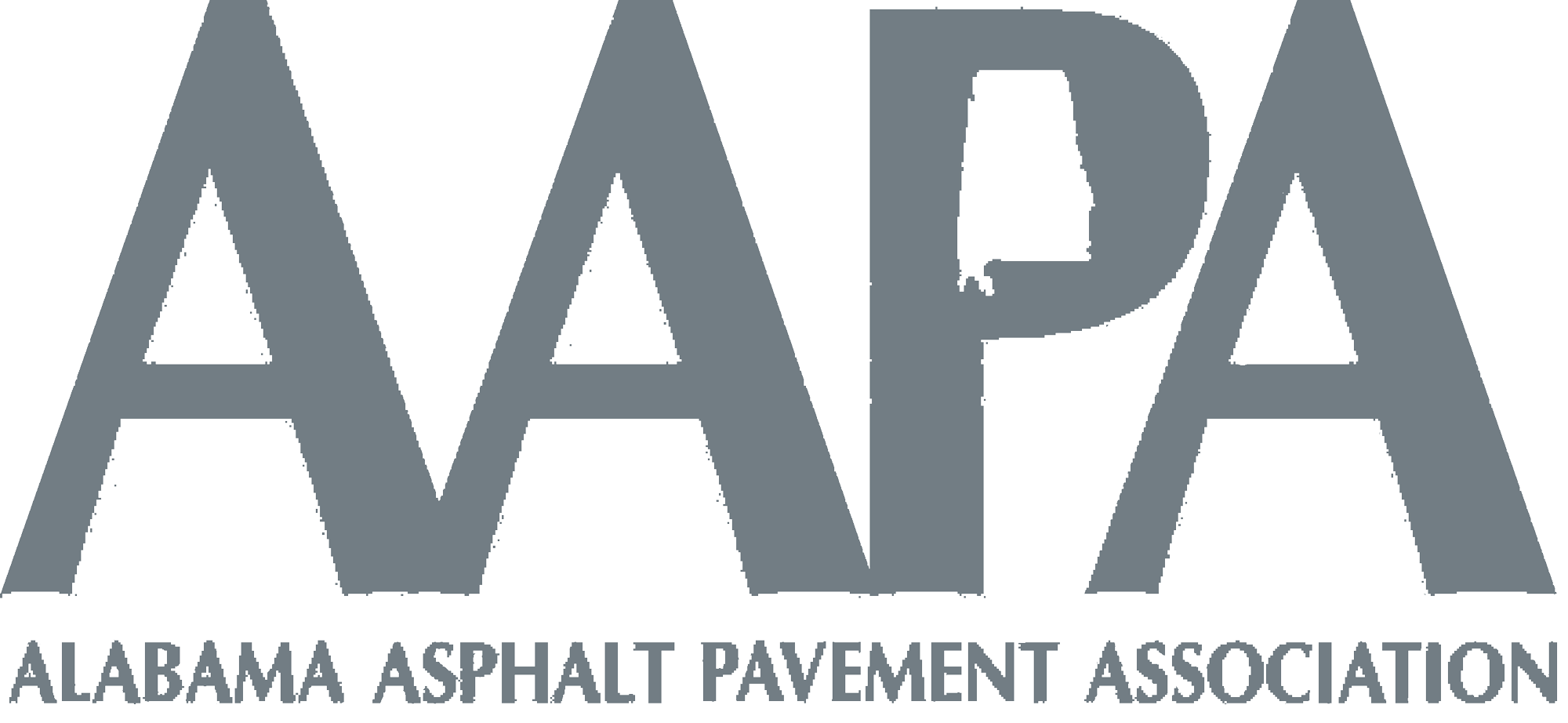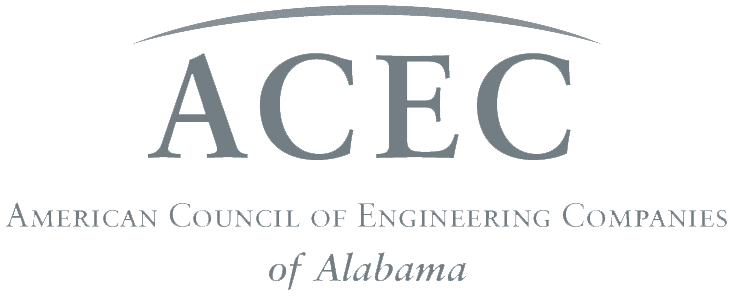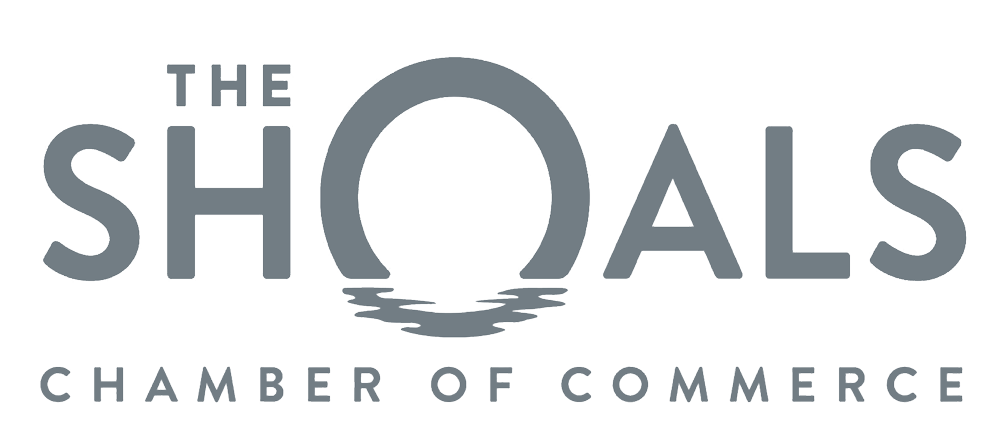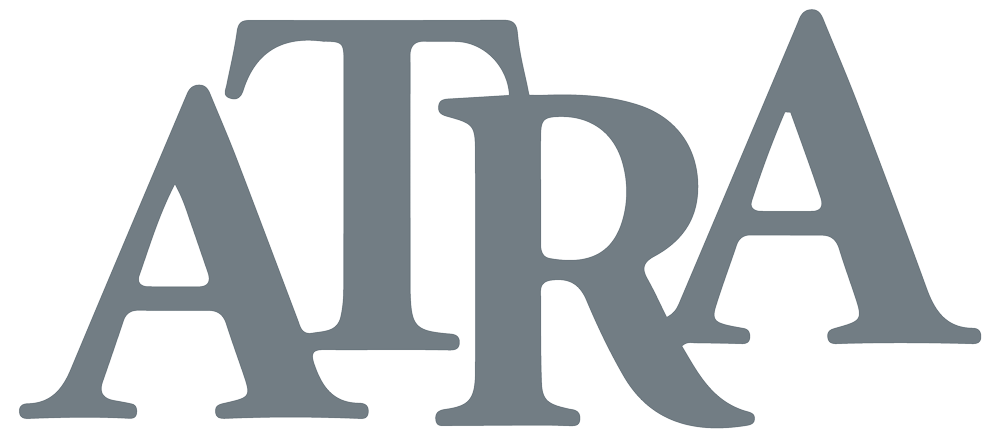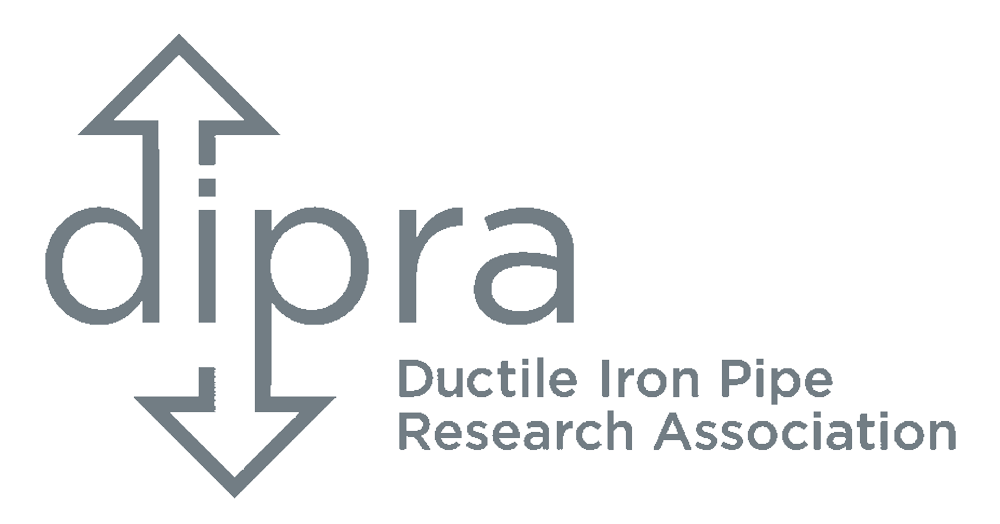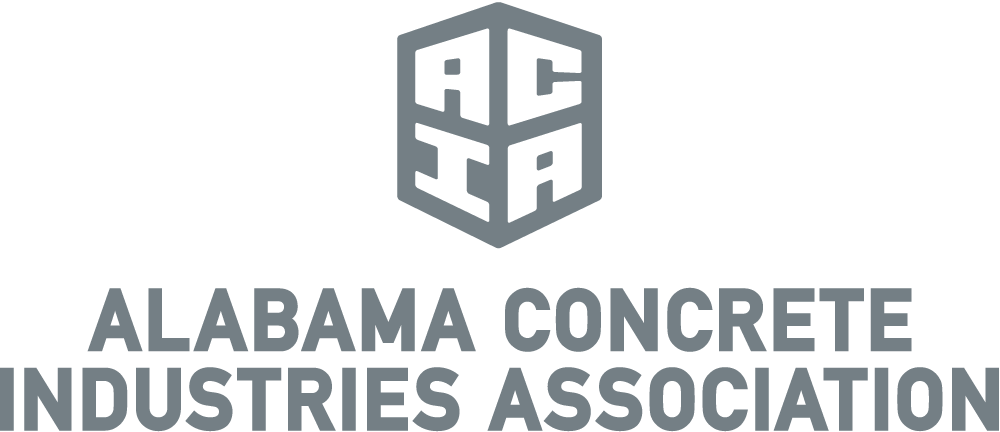Fair and Transparent Lawsuit Reform.
The Lawsuit Fairness for Alabama Coalition seeks to restore balance and transparency to tort laws through critical reforms while protecting consumers, plaintiffs, and defendants from unfair practices in Alabama. Now is the time for lawsuit reform for Alabama.
The problem
is clear.
Alabama families and businesses are experiencing intense cost pressures and inflation on all essential goods and services. These increased burdens are due in part to certain tort practices that focus on the quantity of cases filed rather than the quality. These practices inflate the cost of litigation, lack transparency, and are unfair to Alabama consumers. It is clear that now is the time for lawsuit and tort reform for Alabama.
Lawsuit abuse in Alabama costs the average Alabamian $731 per year and costs the average family $1,016 per year.*
Lawsuit abuse in Alabama costs
Alabama’s economy:
Lawsuit abuse costs governments due to lost economic activity and thus exacerbates the impact of existing taxes on Alabamians and businesses:
$7.3 billion
lost economic spending*
$3.6 billion
lost gross product*
$2.3 billion
lost personal income*
34,714
lost jobs*
$158 million
lost local government revenue in Alabama*
$187 million
lost state government revenue in Alabama*
$603 million
lost federal government revenue in the U.S.*
* Based on the “Economic Benefits of Tort Reform” report from The PerryMan Group. 2021
For Alabama families and small businesses to achieve economic freedom, lawsuit abuse reform is needed in the following areas:
Lawsuit Financing
Require disclosure of information related to litigation finance companies with an interest in a lawsuit; provide consumer protections for plaintiffs utilizing finance companies; require reporting of foreign governments/entities funding lawsuits.
Medical Financing
Require disclosure of third-party medical financiers in the lawsuit and disclosure of referral relationships between attorneys and medical providers.
Direct Negligence
Provide protections from excessive direct negligence claims against employers when an employer admits liability for the actions of their employee. These direct negligence claims intentionally and strategically drive up the costs of settlements and utilize what is referred to as the “The Reptile Theory,” to encourage the jury to focus on the acts of the defendant rather than the specific facts surrounding the individual plaintiff’s injury.
Independent Contractor Protection
Create a rebuttable presumption that an independent contractor relationship exists when a written contract establishes that relationship, which will support a defense to a defendant’s liability for the acts of independent contractors.
Proper Venue Protection
Provide for the transfer of venue to the county where the accident occurred if it is filed in a different county by the plaintiff.
Collateral Source/
Medical Evidence
Place limits on the type of evidence that can be presented as proof of medical expenses so that only amounts actually paid to or reasonably expected to be owed to a medical provider are included. Simply, plaintiffs should be made whole for paid or owed medical bills, rather than by billings that are not paid or owed by any party.
Seat Belt Admissibility
Allow a defendant to introduce evidence of the plaintiff’s failure to use a seatbelt for purposes other than to prove contributory negligence.
Truth In Advertising
Prohibit advertising that includes an amount of damages recovered unless the amount represents monies actually paid to a plaintiff as the result of a lawsuit.
Expert Testimony Standards
Align Alabama law with national standard; require expert testimony to meet certain standards before becoming admissible at trial.
Non-Economic Damages
Limit the maximum award of damages for pain and suffering, mental anguish, and emotional distress damages to a reasonable amount similar to neighboring states.
News and Resources
The number of cases with a corporate defendant that had a jury award of more than $10 million—what businesses and insurers call a nuclear verdict—grew more than 27% in 2023, continuing a general upward trend, according to research by Marathon Strategies, a communications and research firm.
Inflation may be one of the biggest challenges facing Alabama’s small businesses, but frivolous lawsuits make a bad situation even worse.
In a nutshell, litigation finance is when a third party invests in a lawsuit in exchange for a share of the profit. The idea is that a good legal claim is like an asset.
A 2019 Survey of the Fairness and Reasonableness of State Liability Systems
A 2021 assessment of excessive US tort costs and potential economic benefits of reform
This noble veneer hides the potential ethical and legal turmoil of artificially inflated medical bills, questionable procedures, and a complex web of relationships between referral sources, medical providers, and third-party funding companies that may result from efforts to maximize an “investment” in the bodily injury claim or lawsuit.
The Daubert standard, a crucial cog in the litigation machine, has been the subject of much academic debate and court scrutiny. This benchmark for the admissibility of expert witness testimony plays a central role in ensuring the validity of evidence presented in court.
These damages involve no direct economic loss and have no precise value. It is very difficult for juries to assign a dollar value to these losses, given the minimal guidance they customarily receive from the court.
Courtroom lawyers have an array of tactics at their disposal when trying to sway a jury to their side of a case. Some of these approaches are rooted in academic theories while others rely heavily on rhetoric and psychology. In almost every case, though, the approach is meticulously planned out and strategically deployed with one goal in mind: win at all costs.
Companies typically assume they will not be held liable for tort claims arising from the work performed by independent contractors they hire. However, as tort law continues to change, this is less and less true.
Efforts to level the litigation playing field that is tilted towards plaintiffs’ attorneys in the U.S. are seeing some success, but experts acknowledge that much more needs to be done to contain runaway awards that are fueling social inflation.
Wisconsin legislators passed a bill targeting lawsuit abuse against trucking companies, while their Indiana peers approved legislation OK’ing disclosure of non-seatbelt use to mitigate civil damages in injury claims.
“If someone is injured in an accident and needs money they shouldn’t have to hand over 40 [percent,] 50 [percent] of everything they receive from a judgment or settlement to a lawyer who makes millions of dollars a year,” a spokesperson said.
CLARKE COUNTY, Ala. (WALA) - A Clarke County jury awarded a man injured in the semi-truck he was driving part of a $160 million judgment. According to attorneys at Beasley Allen Law Firm, Leonard Street was working, driving his big truck carrying wood, along Highway 84 near Grove Hill when a pickup truck pulled out in front of him, causing him to roll over. His attorneys say the crash fractured his neck due to the significant roof crush and the lack of an automatic pull-down safety seat in the cab. So, they sued Daimler Trucks North America for what they call a defective cab and seat designed in 1995.
Just more than five years later, a St. Louis jury last week reached a $462 million verdict against trailer manufacturer Wabash National. The carrier involved, Ohio-based GDS Express, went out of business barely six months after the crash. Despite the trailer having met the National Highway Traffic Safety Administration (NHTSA) rear impact guard (RIG) standards in place for its model year, Simon Law attorneys John G. Simon and Johnny M. Simon, who tried the case locally, claimed the trailer failed to have adequate underride guard protection;
Share your story
Lawsuit abuse costs Alabama businesses and consumers billions of dollars and thousands of jobs a year.
Share your personal or your businesses story about lawsuit abuse in Alabama with the Lawsuit Fairness Coalition so that we can share it with lawmakers and decision makers.* Fill free to submit anonymously if you’d prefer not to share personal details.
Now is the time for lawsuit and tort reform for Alabama. Your stories help us achieve these critical reforms.
*Submissions will be collected by the Lawsuit Fairness for Alabama Coalition and used to promote tort reform at the discretion of the coalition.
Coalition Partners
Take Action
Lawsuit abuse comes at a high cost for Alabama businesses, consumers, and taxpayers—all while putting upward pressure on commercial insurance rates and threatening our state’s economy. Driven by unfair litigation practices that emphasize the quantity of lawsuits over quality, lawsuit abuse increases court costs that ultimately get passed down to taxpayers and businesses alike.
State lawmakers’ support of the Lawsuit Fairness Act of 2024 will restore balance to Alabama’s courts and help reduce harmful lawsuit abuse that increases costs for Alabamians.
Please use our messaging tool to let your lawmakers know about your support of the Lawsuit Fairness Act, and let them know that now is the time for lawsuit and tort reform for Alabama.

